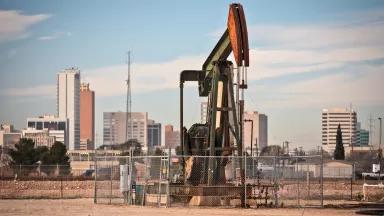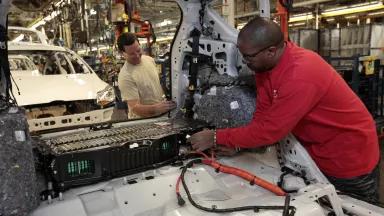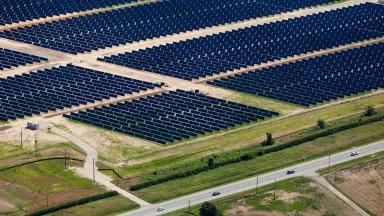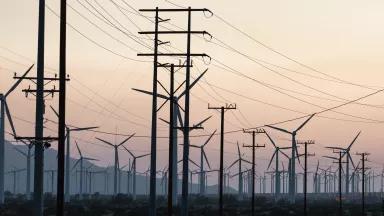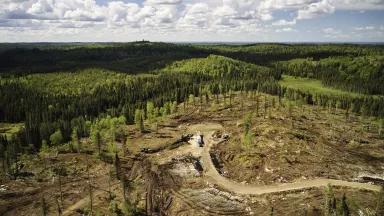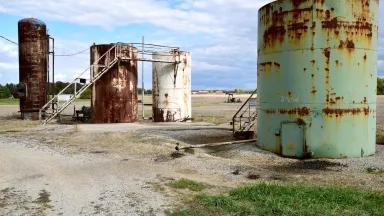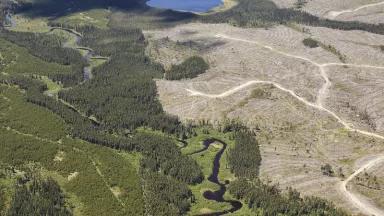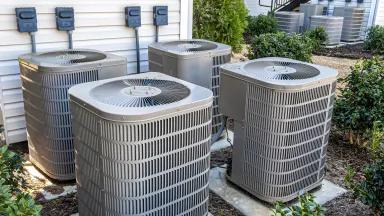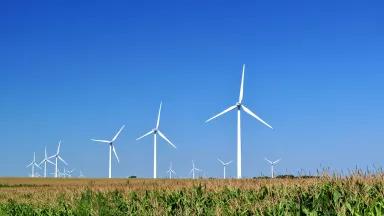Data, Reports & Resources
NRDC is a leader and trusted source in environmental policy and research.
From reports to issue briefs, we ensure accountability through peer review led by our Science Office, which provides data and scientific analysis that help shape and guide NRDC’s policies and positions. We also offer a range of other resources, such as 101 guides and consumer-focused scorecards to increase access to knowledge about how everyone can be a catalyst for change.
Skip carousel items




Getting the Lead Out: Removing Lead Pipes Would Yield Hundreds of Billions of Dollars in Health Benefits
Issue BriefUnited StatesErik D. Olson
Removing lead service lines could save the United States an estimated $786 billion from avoided health impacts over the next 35 years.

The Worst of the Worst: High-Priority Plastic Materials, Chemical Additives, and Products to Phase Out
Fact SheetUnited States, InternationalDr. Veena Singla

Building Batteries Better: Doing the Best With Less
ReportUnited StatesJordan Brinn
Reducing the amount of mining needed through improvements in battery technology, second-life applications for vehicle batteries, and better recycling is key to reducing harms caused from battery supply chains.
Viewing 1 - 20 of 82
